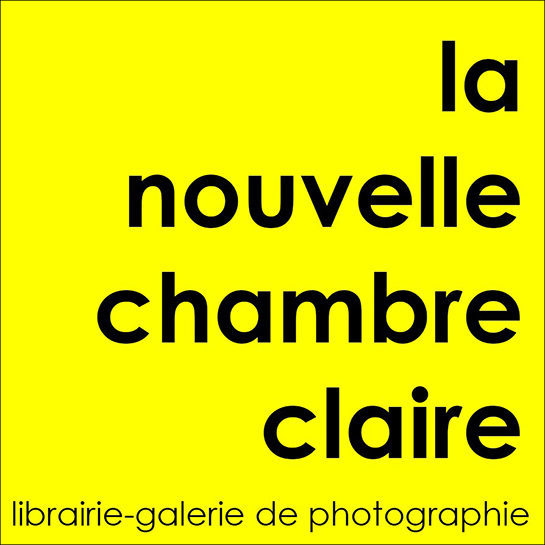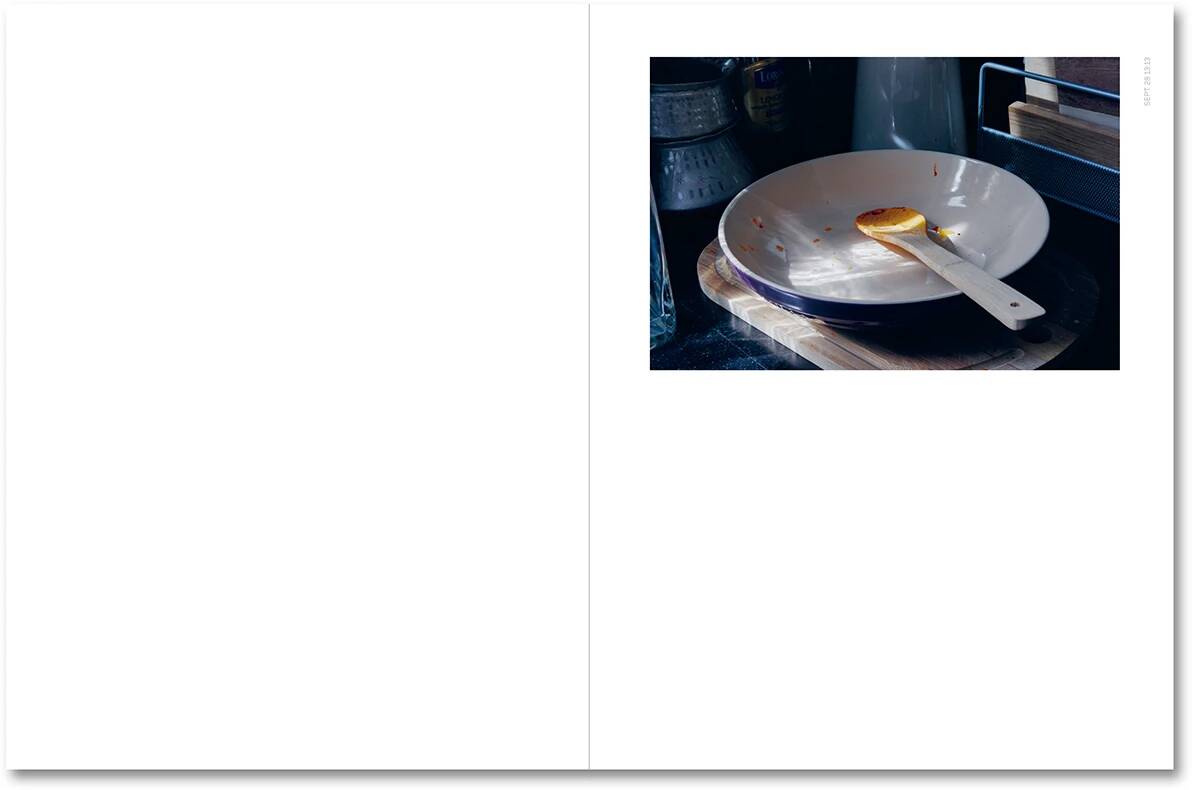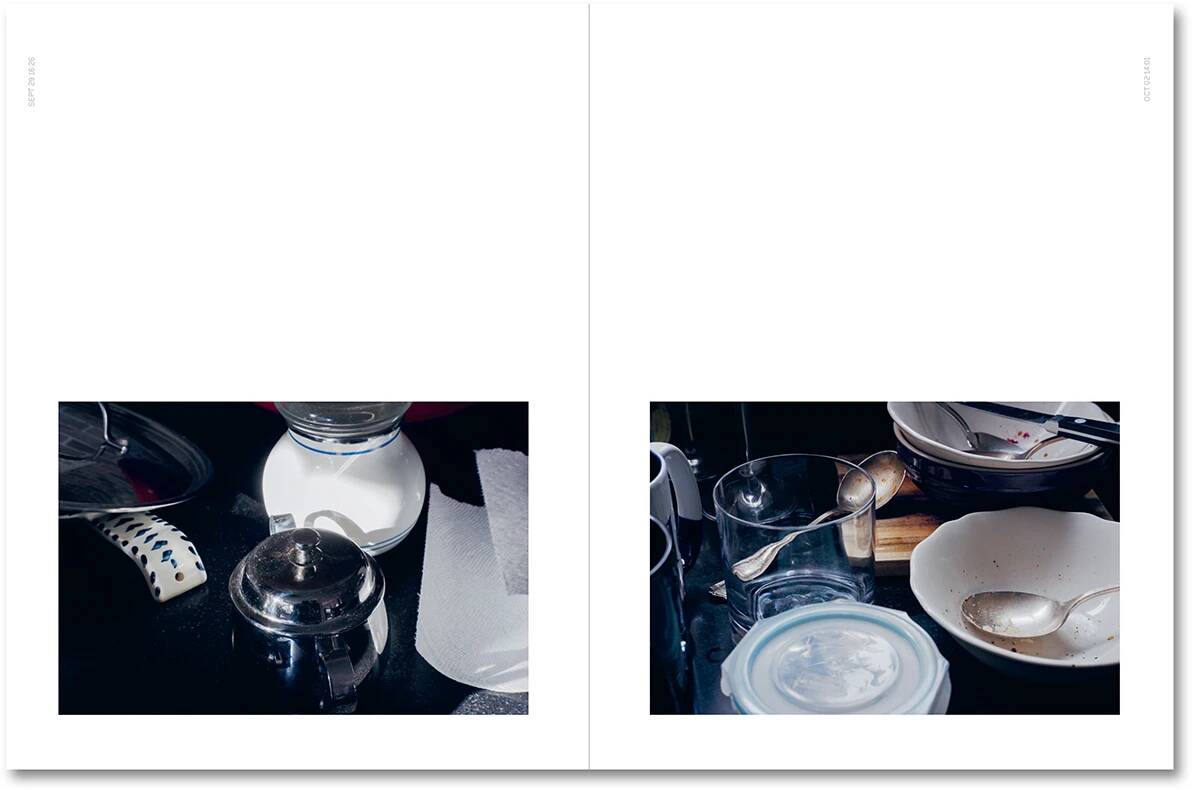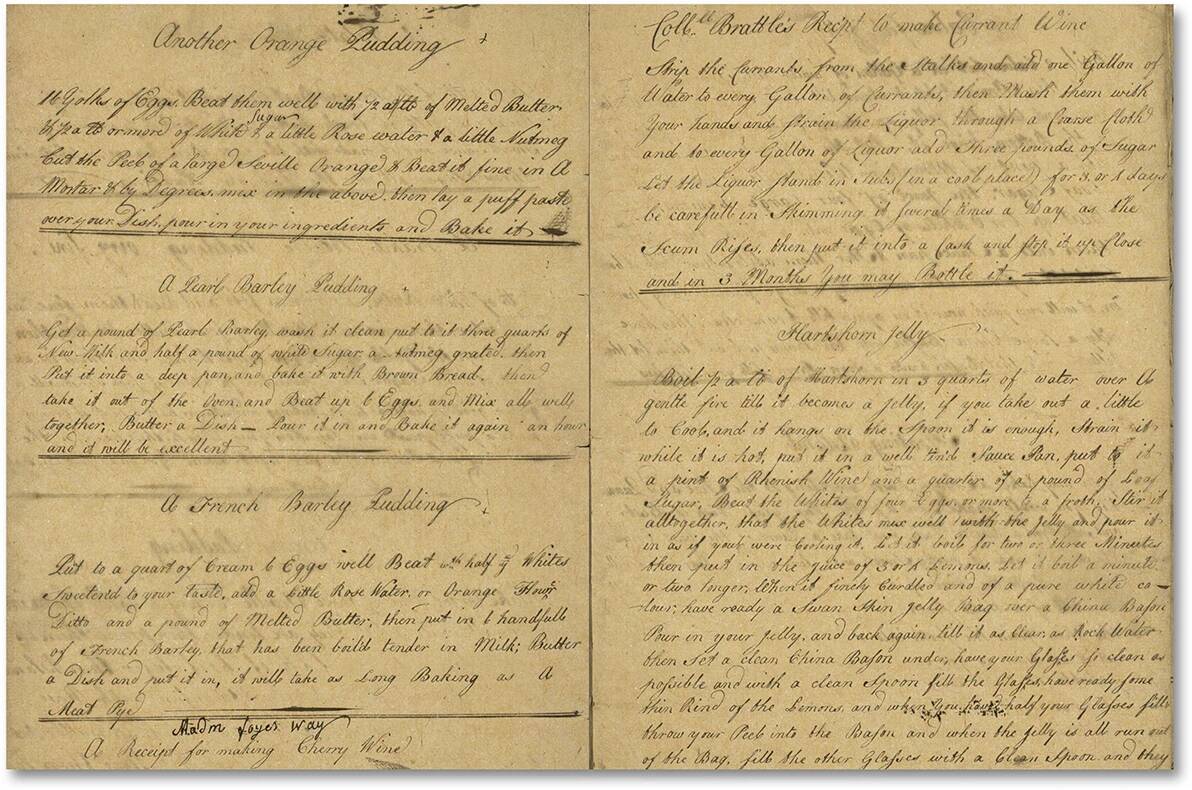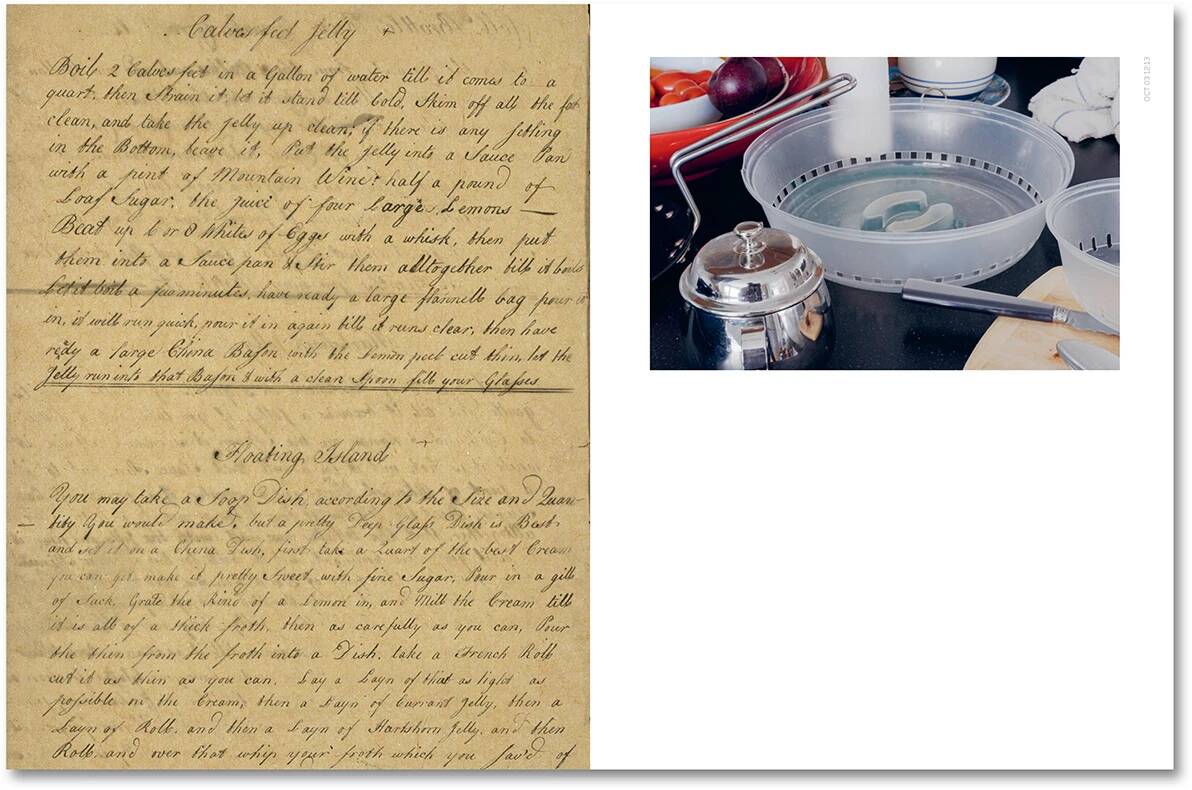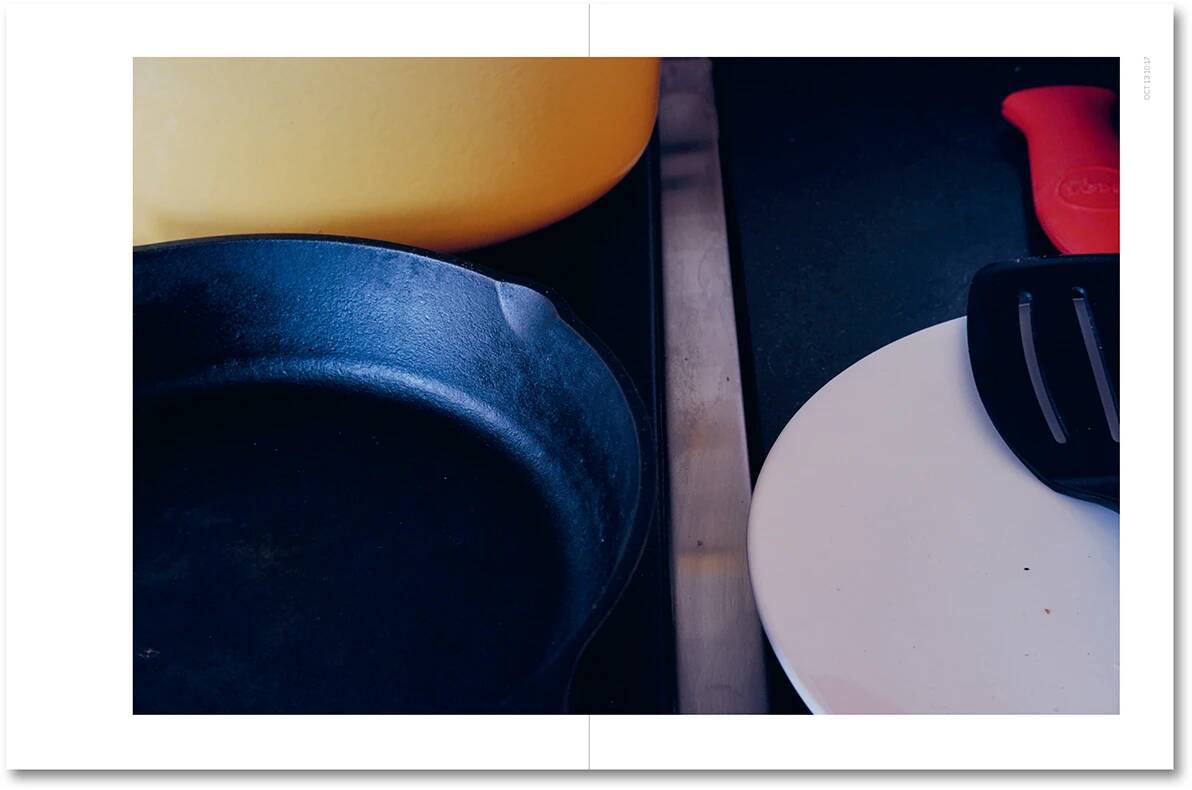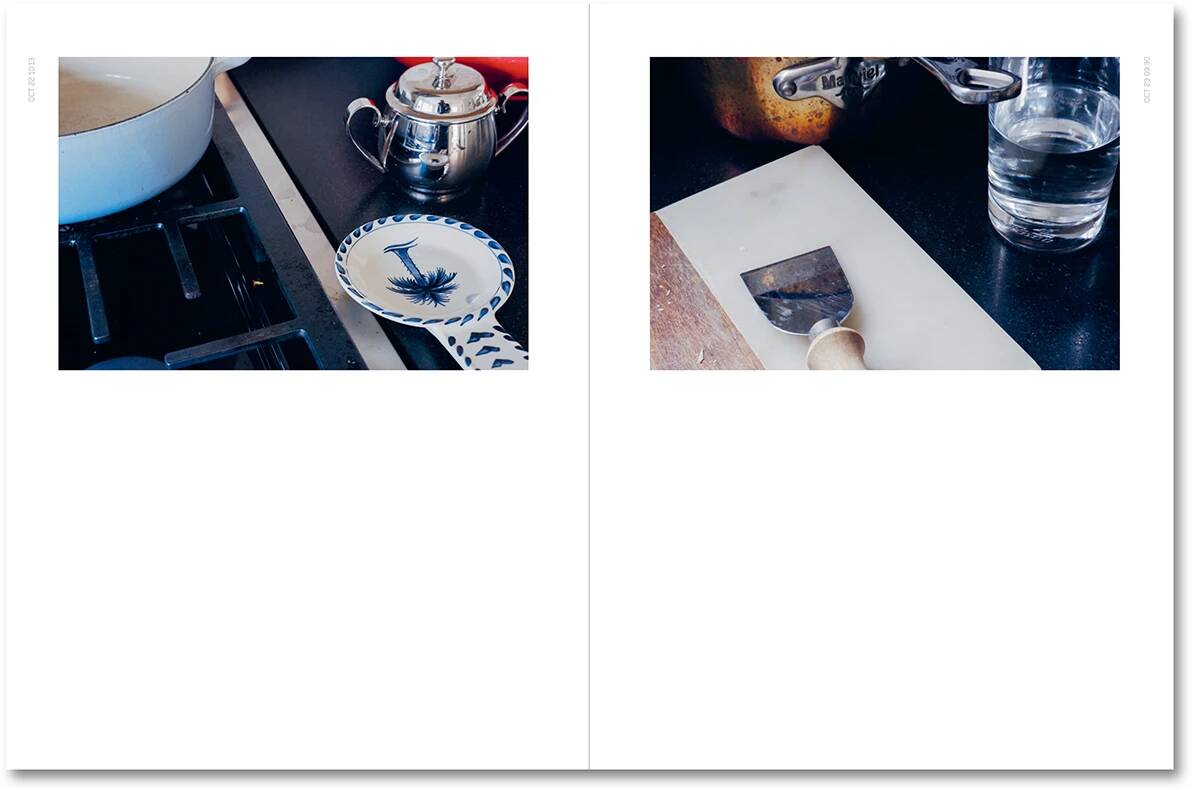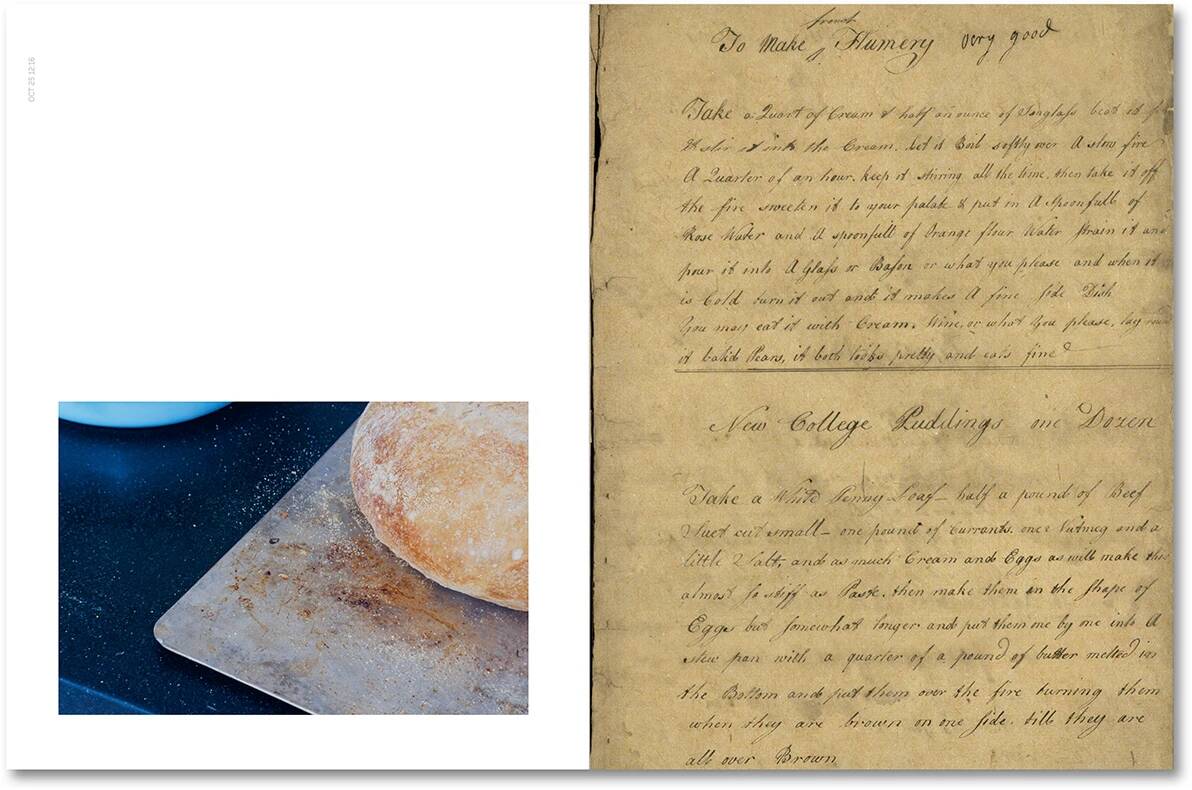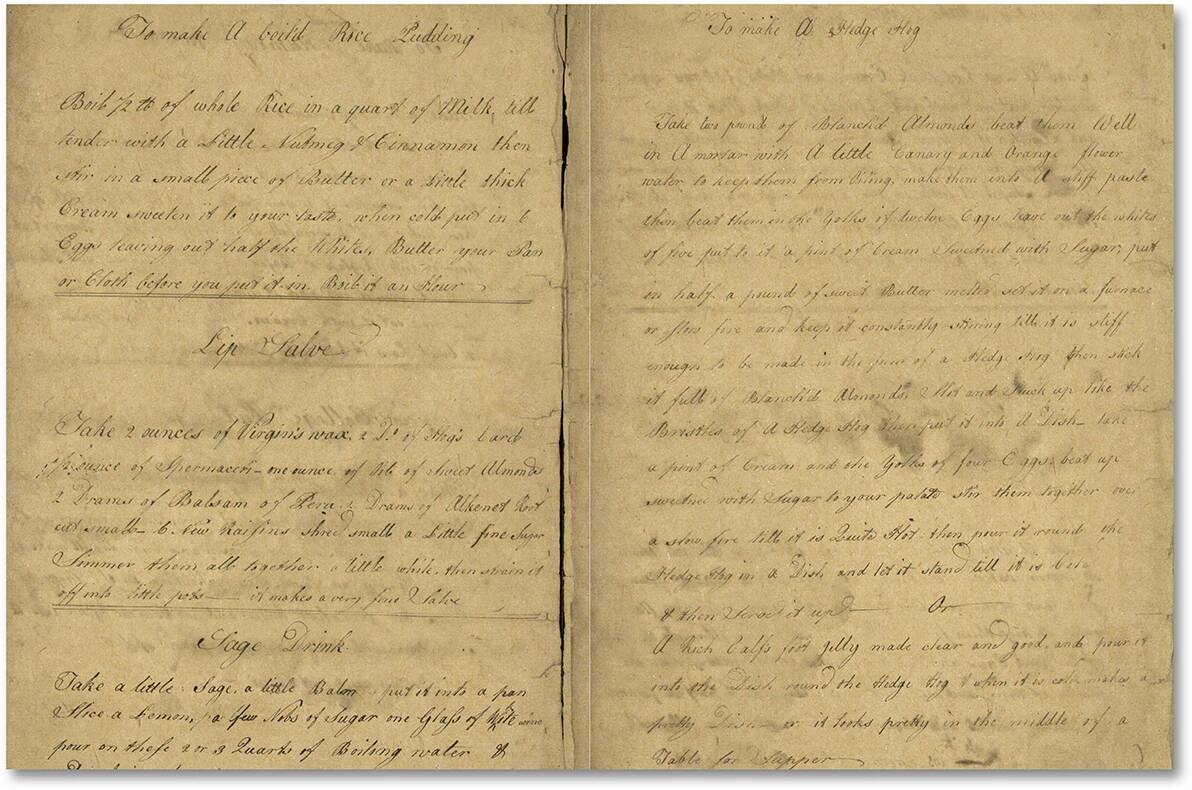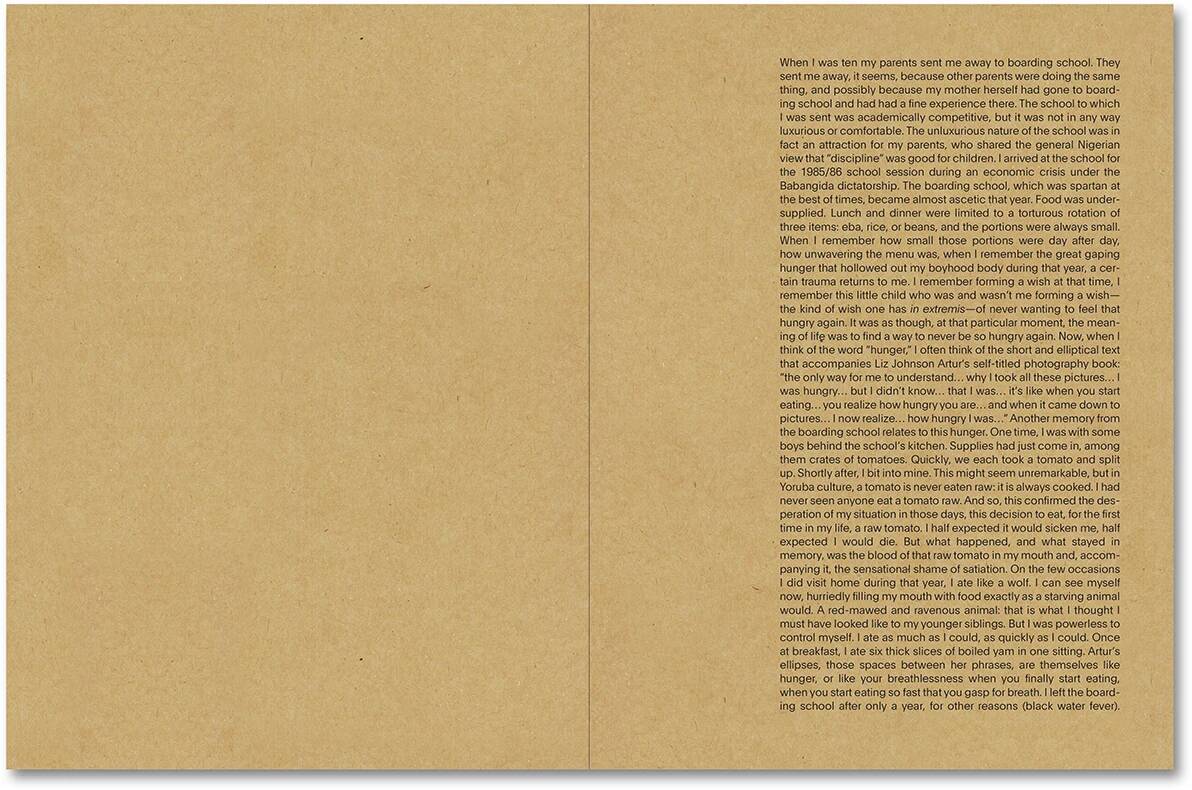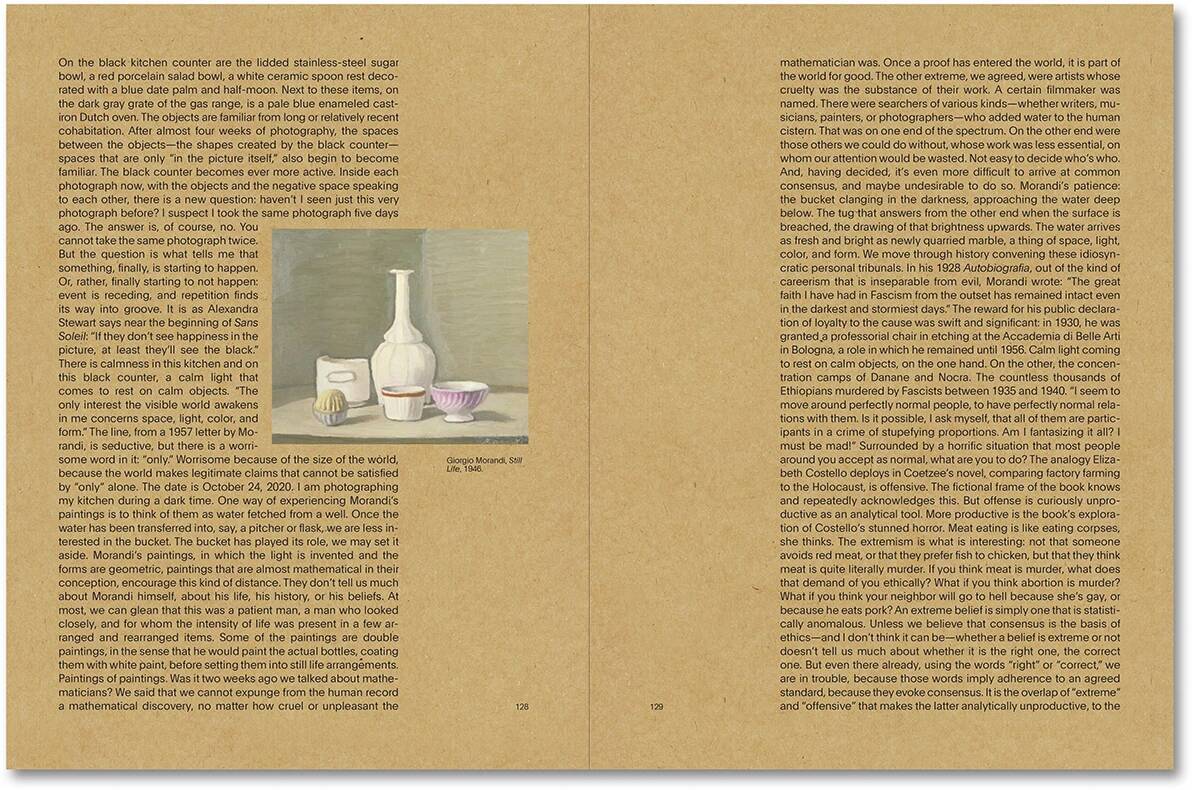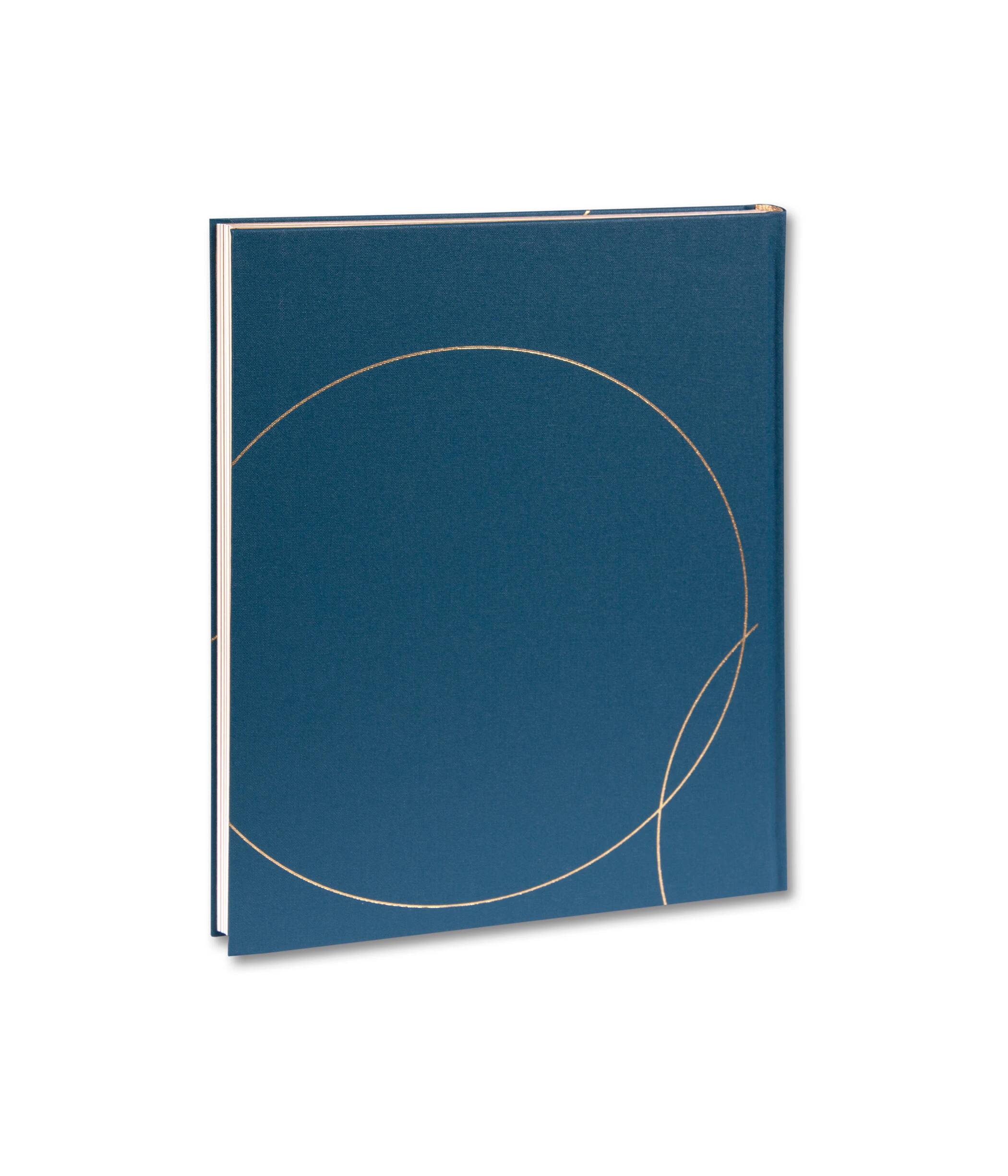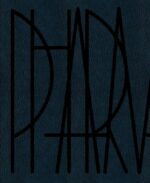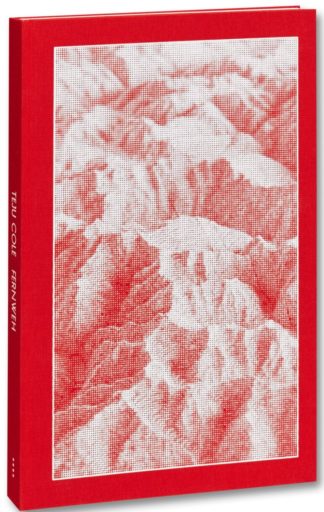Exemplaire Signé.
L’édition signée comprend un feuillet signé par l’artiste et relié à l’intérieur de la couverture arrière.
Dans la période précédant les élections du 3 novembre 2020 aux États-Unis, Teju Cole a commencé à photographier son comptoir de cuisine à Cambridge, dans le Massachusetts. Travaillant dans la tradition de la nature morte de Chardin, Cézanne et des maîtres hollandais, ainsi que de photographes contemporains tels que Laura Letinsky et Jan Groover, il a photographié chaque jour pendant cinq semaines. Contrairement à ces illustres ancêtres, Cole a laissé ses arrangements entièrement au hasard, « les bols et les assiettes se déplaçant dans leurs constellations imprévisibles ». Ce qui émerge est un portrait surprenant, à travers le temps, d’un comptoir de cuisine dans une maison à une époque de bouleversements sociaux, culturels et politiques. A côté des photographies se trouve un long essai écrit, aussi vaste dans ses préoccupations – la faim, le jeûne, le deuil, l’esclavage, l’intimité, la peinture, la poésie et l’histoire de la photographie – que les photographies sont délimitées dans les leurs. Le texte et les séquences photographiques sont entrecoupés d’un livre de cuisine anonyme manuscrit du XVIIIe siècle de Cambridge. Golden Apple of the Sun est une œuvre lumineuse et humaine, présentée avec l’audace formelle et l’intelligence oblique que nous attendons de Teju Cole.
“Many artists have felt the lure of juxtaposing photographs and text, but few have succeeded as well as Teju Cole. He approaches this problem with an understanding of the limitations and glories of each medium.” Stephen Shore
The signed edition includes a slip signed by the artist and bound into the inside back cover.
In the period leading up to the November 3, 2020 elections in the United States, Teju Cole began to photograph his kitchen counter in Cambridge, Massachusetts. Working in the still life tradition of Chardin, Cezanne, and the Dutch masters, as well as such contemporary photographers as Laura Letinsky and Jan Groover, he photographed every day over the course of five weeks. Unlike those illustrious forbears, Cole left his arrangements entirely to chance, “the bowls and plates moving in their unpredictable constellations.” What emerges is a surprising portrait, across time, of one kitchen counter in one home at a time of social, cultural, and political upheaval. Alongside the photographs is a long written essay, as wide-ranging in its concerns—hunger, fasting, mourning, slavery, intimacy, painting, poetry and the history of photography—as the photographs are delimited in theirs. The text and photographic sequences are interspersed with an anonymous handwritten eighteenth century cookbook from Cambridge. Golden Apple of the Sun is a luminous and humane work, presented with the formal boldness and oblique intelligence we have come to expect from Teju Cole.
